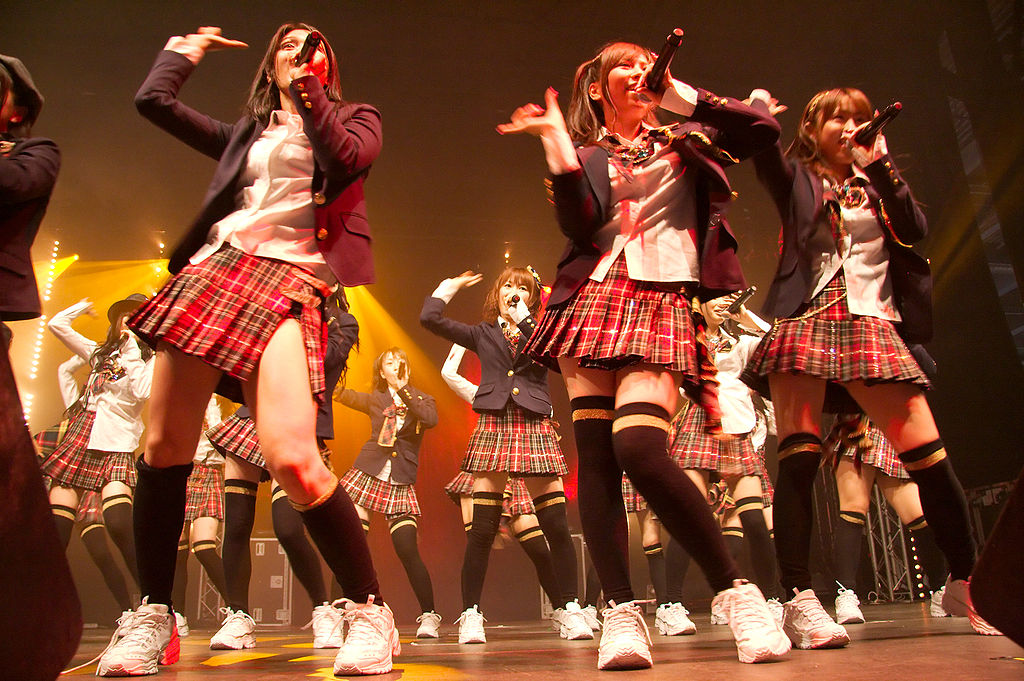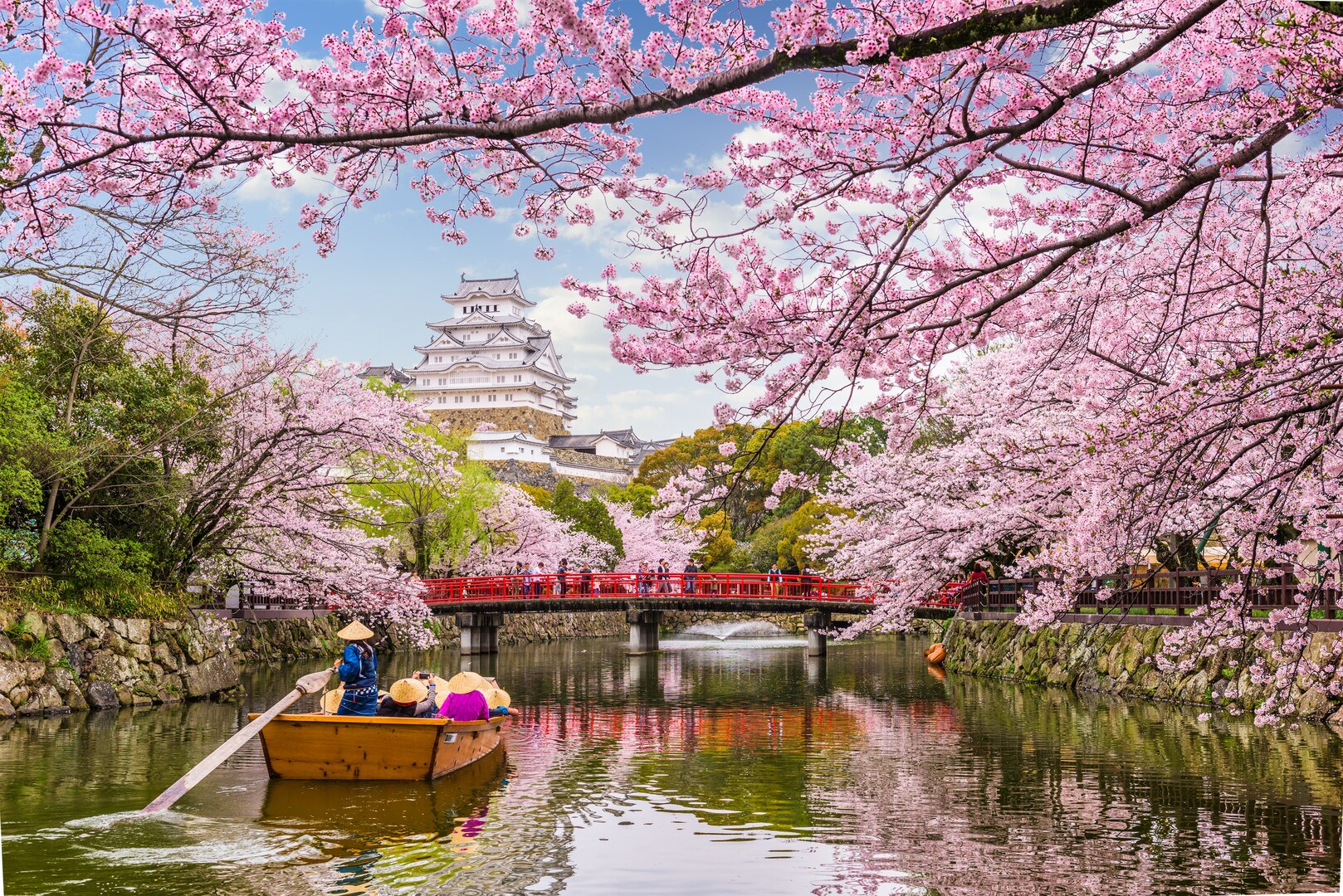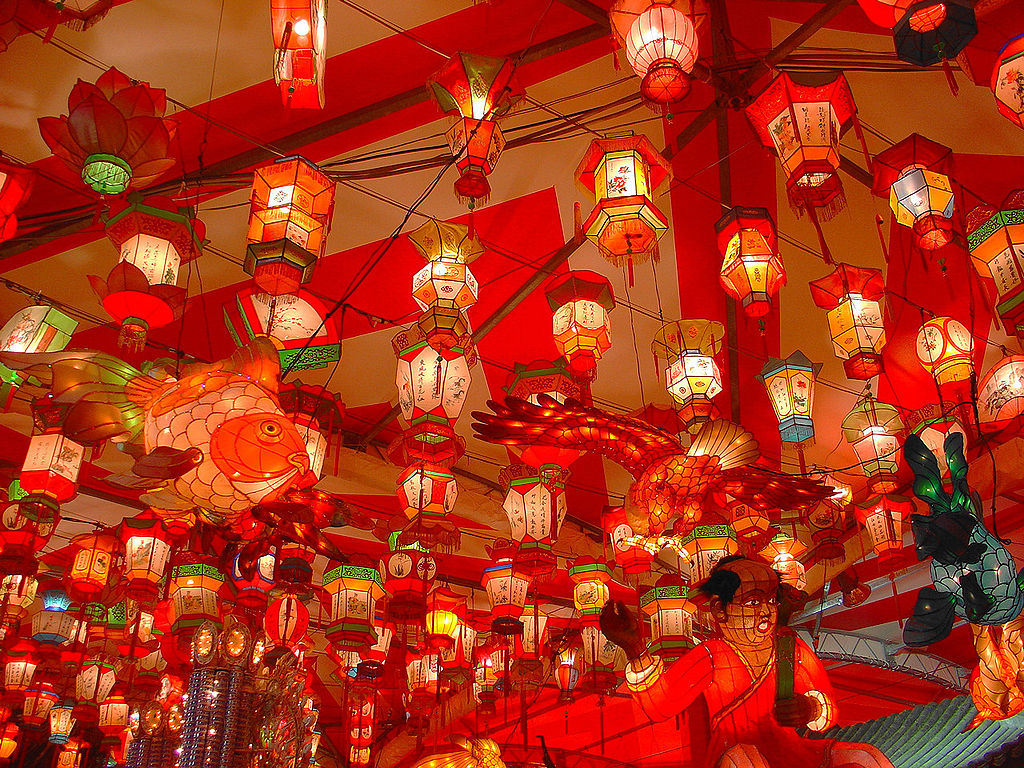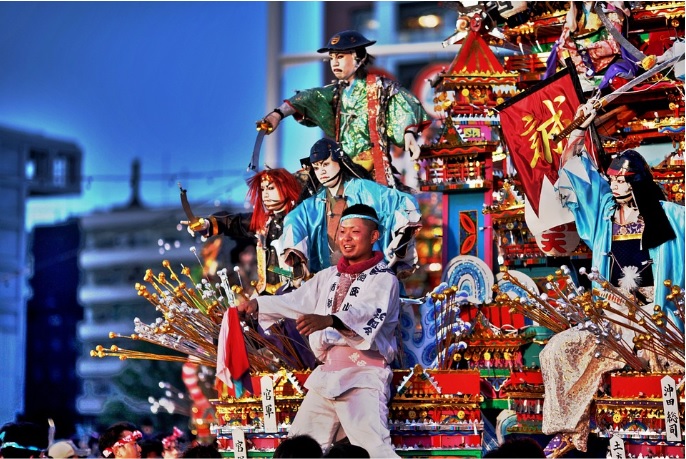
AKB48. Arashi. Nogizaka46. SMAP. Perfume. Hey! Say! JUMP.
You probably know them as Japanese idols, who are the leading artists proliferating J-pop, not only in the Land of the Rising Sun, but also around the world.
Though the efforts of J-pop or Japanese pop music to conquer the world is still starting, here is a quick rundown on when and where it all started for this genre of music.
Jazz and Japan (1920-1950)
J-pop could be traced to the jazz music, which became popular during the early Showa period. During this time Western jazz and blues gained popularity in Japan.
East meets West: Kayoukyoku (1960)
Kayoukyoku, which officially refered to the fusion of Japanese composition with Western elements, was considered the true origin of modern J-pop. It was during the 60s when kayoukyoku ruled alongside the more traditional style of enka, with artists embracing the "rockabilly", an introduction of the rock and roll music movement.
The City Pop (1970-1980)
Before 1970, most of the songs released have single guitar arrangements. From then until 1980, the composition became more complex and was known as the New Music.
When Females Got Idolized (Late 90s)
It was in this era when R&B got popular in Japan, and a young singer-songwriter named Utada Hikaru debuted her first single, Automatic.
Fusion of Hip-hop, R&B and Pop (Early 2000s)
In the early 2000s, Hip-Hop and R&B influences in Japanese music are stronger than ever. J-Hip-hop/ rock bands are at the top of the Oricon charts.
The Now Japanese Idols
Yasushi Akimoto held auditions in 2005 for the multi-member female idol groups which resulted to the birth of AKB48. AKB48’s success lead to other geographic splinter groups. A lot of other female, as well as male, idol groups were also formed from there.
J-pop may not be as popular as K-pop or Korean pop nowadays. However, with all these great artists and the diversity of music that they can offer, it is no wonder that the letter J will soon dominate the world charts.
Banner photo by Georges Seguin (Okki). Licensed under Creative Commons.





